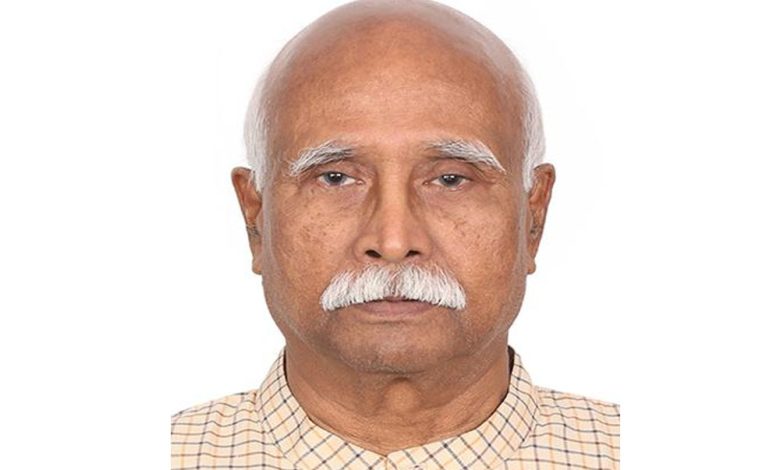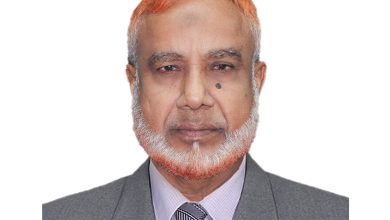Microfinance sector needs innovation, regulation and digital drive: Shafiuddin


Holiday Post Report: The Executive Director of Gono Kallayan Trust, Md. Shafiuddin, believes the microfinance sector has deeply contributed to Bangladesh’s economy, but its success now depends on innovation, regulatory flexibility, and digital transformation. In an exclusive interview with Holiday Post, he highlighted both the sector’s achievements and the pressing need for reforms to tackle financial inclusion gaps.
He asserts that microfinance directly supports economic growth and uplifts millions, especially women. Over ninety percents are women empowered balancing our society. Many of them have become entrepreneurs and changed their family’s future. Yet, he says, increasing financial coverage remains the most challenging part.
Shafiuddin explains that MFIs are still struggling with some regulations, market competition, lender’s behavior, and natural and political adverse impact. However, he remains hopeful. “Current government is very much positive about this sector. They are still working to minimize the challenge of this sector with the regulatory and others support,” he says. “I think we can comment after few months what actually happened, but certainly we can say they are very positive and open to solve our challenges.”
When asked about policy suggestions, he stresses the need for flexible and judgmental implementation of regulation for next ten years so that with a roadmap this sector can grow. He proposes allowing MFIs to collect various type of finance to resolve financing problem. He calls for an individual financing body to fund these MFIs or allocation in budgets or directly from Bangladesh Bank. Strong monitoring is needed for those who are practicing microcredit formally and informally out of the scope of MRA or Grameen Bank.
On Bangladesh’s path to achieving Sustainable Development Goals by 2041, Shafiuddin places microfinance at the center of progress. “This is contribution in terms of economic development, strong impact in terms of environment friendly project financing, green financing to reduce carbon footprint, contribution in education and health sector, women empowerment to reduce inequality, employment creation, sustainable land usages to protect environment, good and healthy food production,” he says with emphasis.
Regarding innovation, Shafiuddin identifies digitalization in MFIs as a strong impact. “Digital financing is the future. It may create disruption in this sector,” he says. “As this sector contribute mostly at rural agricultural areas, so innovation can lead and prosper in this sector.” He mentions funding IT base firms, agricultural projects and says coming future AI will have a revisionary impact in whole financing sector.
On responsible lending practices, he says, “As this sector are getting matured day by day, we need to be ready to face multi-dimensional challenges.” He advocates for building a good borrower cultural and even the introduction of CIB for this sector. He also calls for a balance in competition between big or large MFIs and small one. “May need special flexible polices for small and medium MFIs,” he adds. “Different qualitive research we can find the actual impact of lending. Expanding lending horizons can have a logical result.”
Reflecting on his experience, he says, “I personally work as development worker since 1972. Over a half of century, I serve for this nation’s welfare.” He continues, “In terms of microfinance sector, I could share at least couple of thousand who has changed their economical positions. Many people who had start with only one cow, now has couple of firms. Many people who hadn’t have any house twenty years back now they have strong houses.”
He also points to social progress. “As most of the women are taking credit, it has created a social value and confident women in society. Women violence has significantly reduced as their family are economically and educationally empowered.” He notes that the sector is also aware regarding education and basing health hygiene. “Along with other initiatives, I believe because of microfinance sector, today we are emerging as strong rural Bangladesh,” he concludes.





